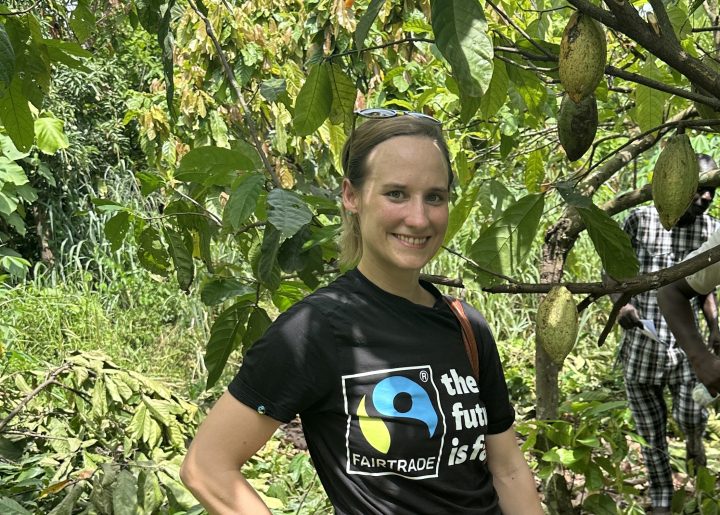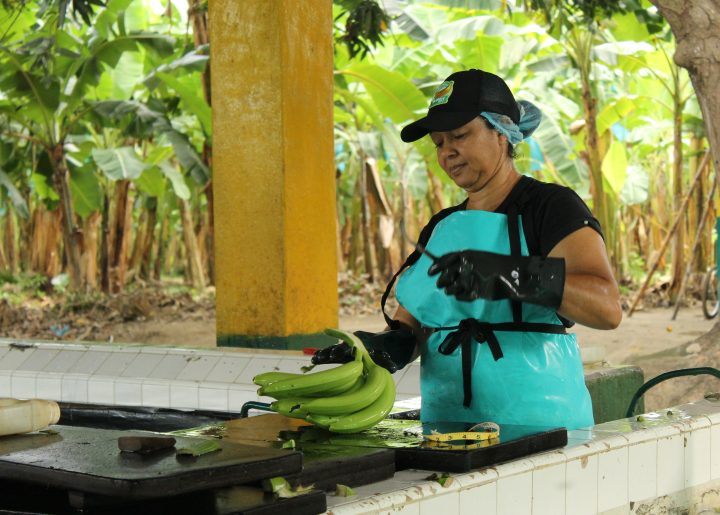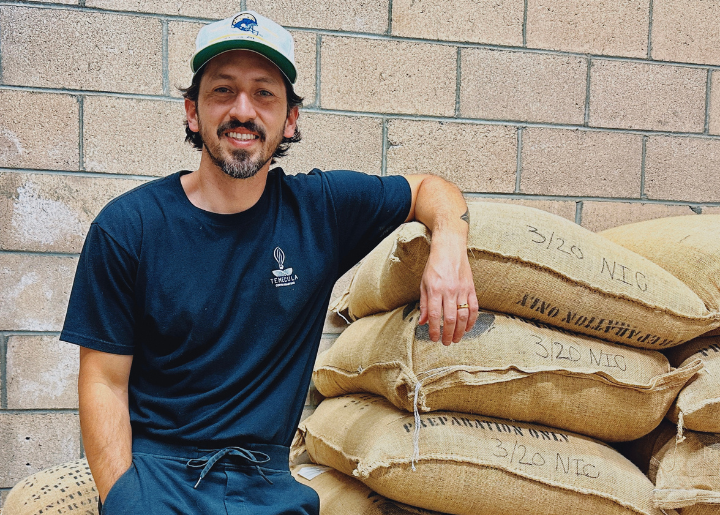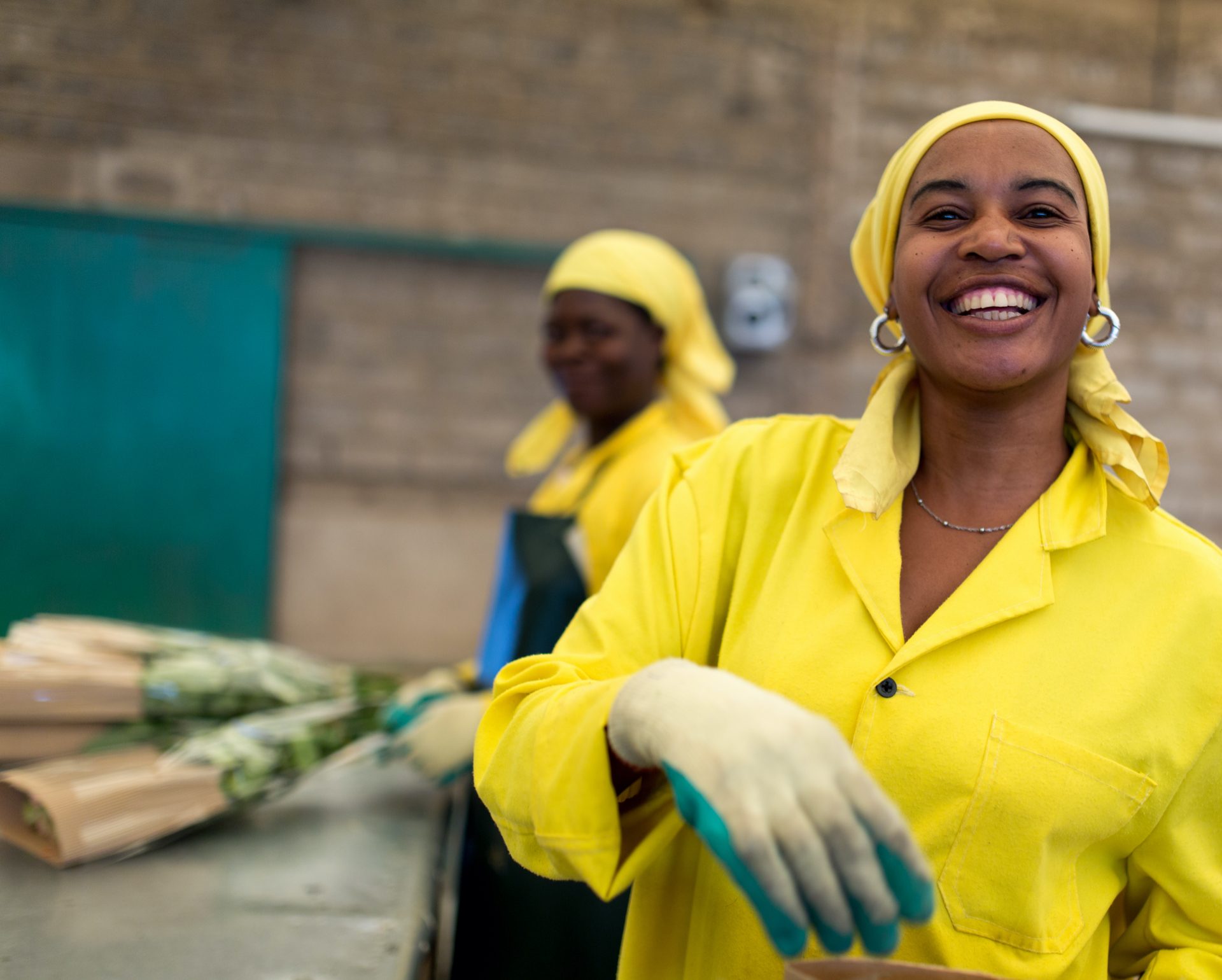48 hours debunking the myth that fair trade coffee isn’t high quality
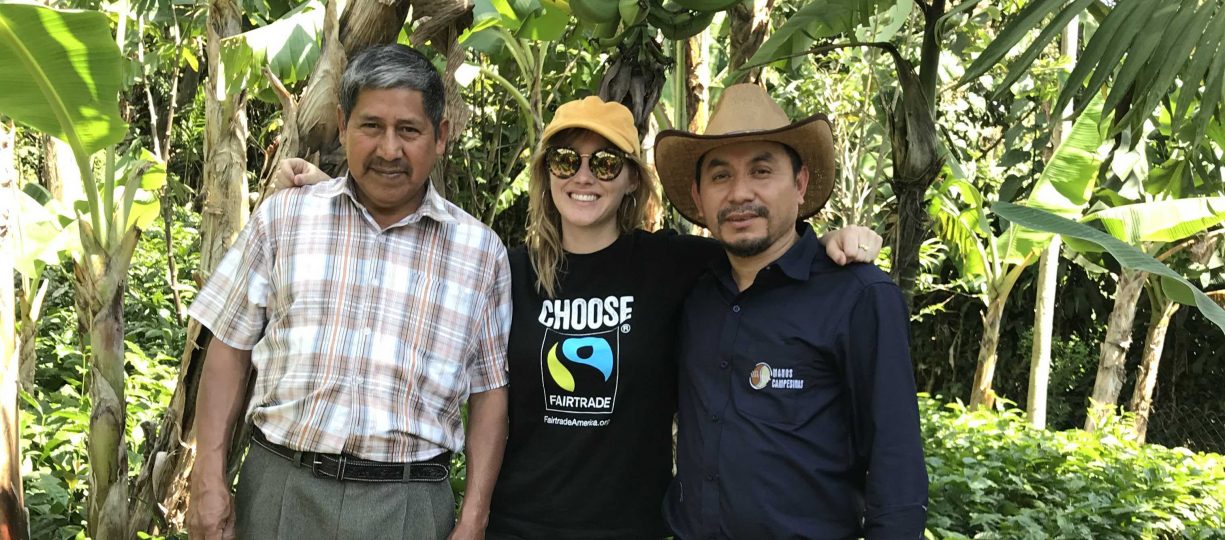
I spent 48 hours with Fairtrade coffee cooperatives in the Western Highlands of Guatemala and debunked the myth that fair trade coffee isn’t well…good.
The specialty coffee space embodies the best of the best, sourcing the highest quality coffee, presented in creative menus and prepared by award-winning baristas in Instagrammable coffee shops. And in the mix of it all that fair trade coffee didn’t make the cut. To learn more, I spent 48 hours with Fairtrade coffee cooperative Manos Campesinas in the Western Highlands of Guatemala.
Manos Campesinas represents 12 Fairtrade certified coffee cooperatives, consisting of more than 1,200 small shareholder coffee farmers, in the Western Highlands of Guatemala. Here’s what I learned about quality and Fairtrade coffee while tagging along with Manos Campesinas coffee technicians.
1. Layers of quality control
At Asociacion Unidos Para Vivir Mejor (ASUVIM) coffee cooperative in Santa Clara La Laguna, Sololá, a member cooperative of Manos Campesinas, I was shown the multiple layers of quality control that take place during the coffee harvest. More than eighty cooperative members bring their freshly picked coffee cherries to the ASUVIM headquarters where they remove the defective cherries before processing begins. Next the cherries are put into a pool of water where any bad cherries that slipped in will float to the top and be plucked out of the batch. Once the flesh of the cherry is removed the processing system and technicians have yet another check in place for quality, ensuring that only the best beans proceed forward.
This type of investment in the production quality is often paid for by Fairtrade Premiums. The Fairtrade Coffee Standard requires that 25% of Premium received by coffee cooperatives must be invested back into the quality or infrastructure, ensuring that long-term Fairtrade coffee is getting better and better with each cup!
2. Cupping lab
Just because the beans are closely monitored during processing doesn’t mean that they get a free pass into your coffee cup. Each batch of Manos Campesinas coffee must be tested by a cupping expert like Erik Mazariegos at the cupping lab where he roasts and cups each batch of coffee received to give it the appropriate grade. If any batch doesn’t make the cut Manos Campesinas does not offer it to clients.
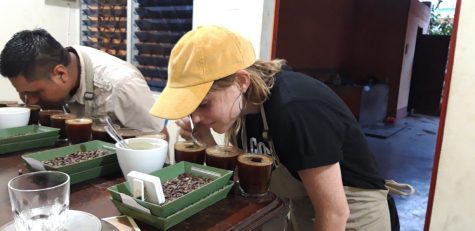
This process takes a real expert and fortunately for coffee fanatics, isn’t up to someone like me, who falls in love with the smell of one of the batches that ended up failing the quality test.
3. Underneath it all
Your favorite specialty coffee might actually be grown under Fairtrade standards, but not traded under Fairtrade terms. Meaning, the coffee farmers went to extra lengths to ensure compliance with Fairtrade standards like identifying and training members on soil erosion and sustainable water use, but the buyer is not paying for this added level of investment.
Only 34% of Fairtrade grown coffee is actually traded in Fairtrade terms. For example, all of Manos Campesinas’ coffee is being produced under Fairtrade standards, but only a portion of the coffee is traded at a Fairtrade Minimum price and Fairtrade Premium. With many more coffee farmers ready to sell on Fairtrade terms, but not enough buyers of Fairtrade coffee to meet their supply, coffee farmers can remain left out of the loop designed to support them.
- Drinking and sourcing the best coffee also calls us all to support those behind the cup to live their best lives.
- Fill your cup with Fairtrade coffee, and let your favorite local roaster know that you would love their coffee more if it was Fairtrade.
Ready for your business to invest in the Fairtrade system? Connect with one of our supply chain specialists to find out how you can make sure the farmers behind your coffee are fully-supported.
Topics
We’re in this together
Fairtrade America partners with brands on the journey to certification and beyond. We can help with everything from finding a certified supply chain to marketing your newly certified product.
Get in Touch
